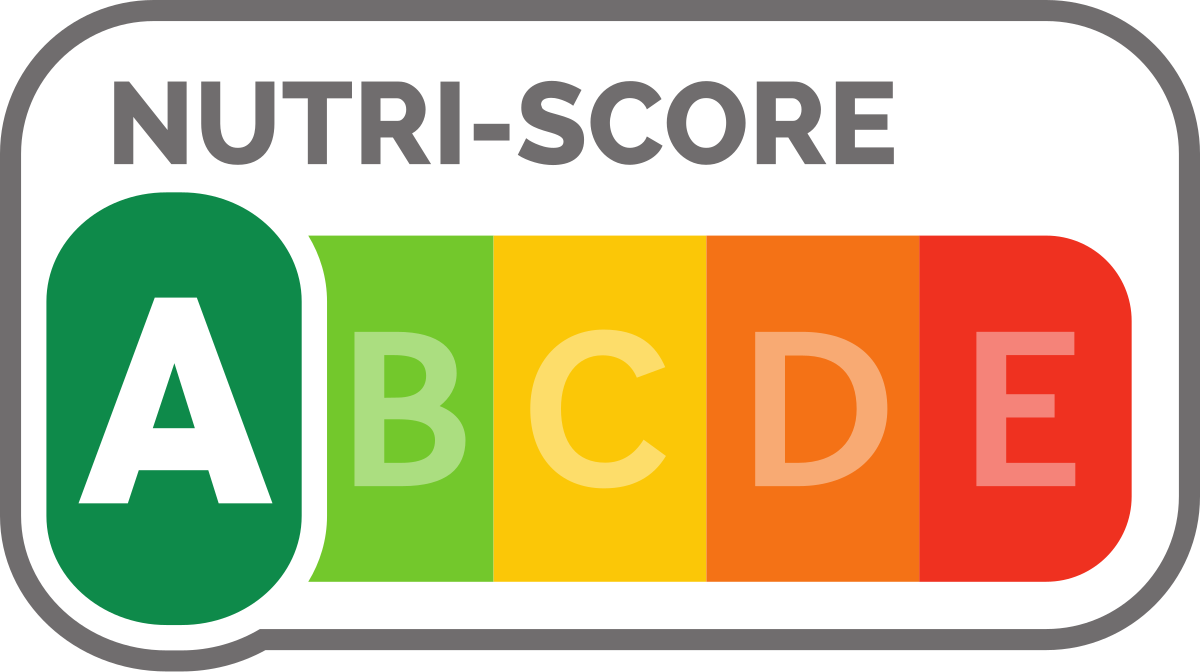In the EU, all health claims on foods need to be substantiated by firm scientific evidence. The primary aim of the EU’s initiative to introduce a pan-European front-of-pack nutritional label (FOPL) is to stimulate consumers to make healthier food choices. Nutri-Score is a candidate for the EU’s front-of-pack label – writes Dr. Stephan Peters and Prof. Dr. Hans Verhagen.
The European Commission is expected to take a decision this Autumn, yet the evidence supporting the tentative health claim that ‘Nutri-Score as a front-of-pack labelling system results in an increased purchase of healthier foods by consumers’ is at best, insufficient.
We argue that Nutri-Score’s claimed public health benefits need to be scientifically substantiated. This would require that the algorithm is proven as scientifically robust and its efficacy on consumers is scientifically demonstrated.
The basis of all FOPLs are nutrient profiles. Nutrient profiling systems (NPSs) are a way to help communicate health characteristics of foods. The European Food Safety Authority (EFSA) has published scientific advice for the setting of nutrient profiles, but has not proposed a nutrient profiling system, leaving that task to the European Commission. A nutrient profiling logo or FOPL is essentially a combination of a nutrient claim and a health claim. Nutrient claims refer to what a food ‘contains’ in terms of content; health claims refer to what a food ‘does’, such as reduce the risk of disease. Health claims on foods must be scientifically substantiated (according to Regulation EU 1924/2006).
When it comes to health claims, EFSA is the agency responsible for evaluating health claims in the EU, and providing scientific advice to the Commission. When assessing the scientific substantiation for health claims, EFSA considers three questions: Is the food or constituent well defined and characterised? Is the claimed effect ‘beneficial to human health’? Is a cause-and-effect relationship sufficiently scientifically substantiated? All three requirements must be met before a health claim can be considered sufficiently substantiated by EFSA and thereupon be authorised by the European Commission.
Our research published in the peer-reviewed journal Foods [1] on 12 August, examines a potential health claim for Nutri-Score according to the EFSA criteria, applying these three questions.
Firstly, the algorithm that calculates the Nutri-Score of foods, is adapted from the UK Food Standards Agency nutrient profiling system (FSA-NPS). We believe the description of the Nutri-Score algorithm is clear and sufficiently defined.
Secondly, we believe there is a potential to view Nutri-Score as ‘beneficial to human health’ because of the theoretical achievable effect by the FSA-NPS. Generally, consuming foods with higher FSA-NPS scores is unhealthier. These foods are associated with increased risks of mortality from cancer, cardiovascular, gastrointestinal, and respiratory diseases. Foods with a low Nutri-Score grade (orange D / red E) are associated with higher risks of mortality and morbidity. It could be concluded then, that Nutri-Score is potentially beneficial to human health, as better adherence to the FSA-NPS score is associated with a decreased risk.
Because the health effects of Nutri-Score are potential and theoretical, they can only be attained if consumers are indeed changing their purchases in such a way that improvement on the FSA-NPS can be witnessed. As such, finally, to assess the effect of Nutri-Score on consumer purchases, we reviewed scientific research papers published in Pubmed on the topic of Nutri-Score. We found only eight studies which investigate the effects of Nutri-Score on real food purchases. Of the eight, only three evaluated the effects of Nutri-Score in a real-life setting, namely, a university cafeteria, a real-life grocery store, or an experiment in major chain supermarkets. The other five studies were conducted via online tools.
The evidence for Nutri-Score in a real-life supermarket, and for a complete supermarket food basket is lacking. There is no evidence to demonstrate that the theoretical health effect can be achieved in real life situations. Only one field study in a real-life supermarket, conducted for four product groups (freshly prepared meals, pastries, bread, and canned / prepared meals) showed a small effect of Nutri-Score on supermarket purchases and the resulting FSA-NPS, by 2.5 per cent. No study has found an effect of Nutri-Score on the FSA-NPS for a complete basket of supermarket shopping.
With limited and contradictory proof of the cause-and-effect relationship – if we follow the EFSA approach to substantiating health claims – Nutri-Score lacks an essential part of the scientific evidence needed to support the potential claim that it has a positive effect on the healthiness of the consumer’s supermarket basket in real life.
Before the EC takes a decision to introduce a proven ineffective label, the impact of the full-colour Nutri-Score FOPL should be tested on actual, real-life supermarket purchases. And in the absence of scientific proof, the EU would be wise to delay any premature decision.





















